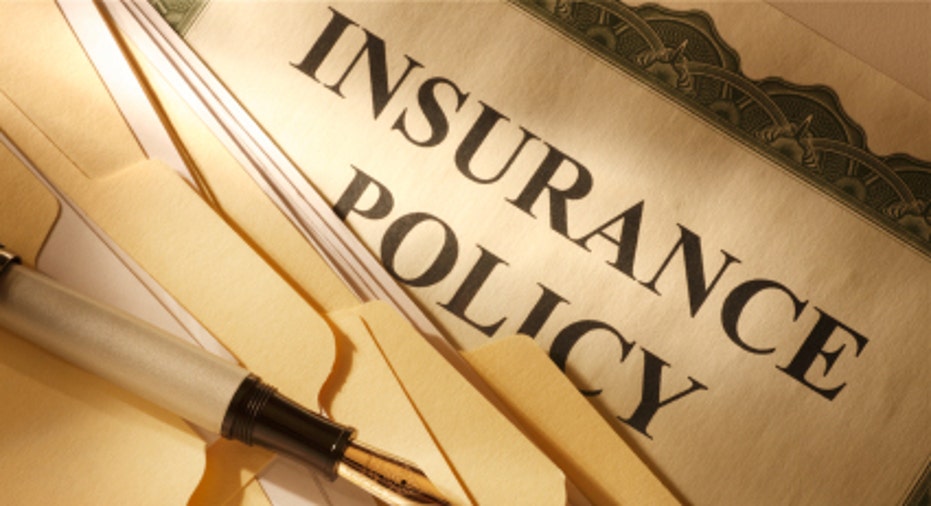Financial to Do List for 2013

WASHINGTON – Make resolutions if you must: When you vow to track every dollar and never waste money again, you feel all clean and shiny for at least a few hours into the new year.
But that doesn't usually last. Resolutions get broken because they are too lofty and too ill-defined. It is better to break your resolutions down into a specific to do list: here are the money moves to make now and in the coming weeks that will insure you're in a better financial place before 2013 ends.
Analyze your entertainment budget. Television service used to be free, except for the electricity to run it. Now you have to choose cable versus satellite dish and then add on movies from a host of services (like Amazon, Hulu and Netflix)via a host of devices (like Roku, Apple TV and internet-enabled Blu-ray players). Monthly budgets for a family run well over $100, just for television, so it's worth figuring out what you watch and how you watch it and comparison shop for the cheapest way to do that. Often, cable and satellite providers will cut you a better deal if you say you're ready to quit their service. In today's fast-shifting environment, re-do this analysis once a year at contract renewal time.
Put one savings on auto-pilot. There is nothing new or revolutionary about this particular exercise, but it works. Choose a low-cost stock mutual fund from a direct-seller like Vanguard, Fidelity Investments or T. Rowe Price. Authorize the fund to sweep a set amount out of your checking account every month. Even $100 will make a difference over time. Just ignore this fund, except to watch it build over time.
Max out your credit cards -- not with borrowing, but with rewards. After five years of tight credit, card issuers are coming back at consumers with a new waves of rewards. Look at all of the cards you already have -- if you haven't paid them off, send all of your available money to the highest rate card until you kill the balances, one at a time, as quickly as possible. Then compare the rewards they pay for travel, groceries, gas and any other categories that are important to you.
Refinance your mortgage. Make your move now if you expect to be in your home for at least five years. Rates hover near historic lows, and bankers are still willing to lend money for 30 years at 3.25% and for 15 years at 2.5%. Nobody can predict when rates will rise, but they aren't likely to go down. At some point over the next 10 years, those rates are likely to look excellent. Furthermore, many people who were unable to refinance before because they didn't have enough equity in their homes may get relief from recent increases in home prices. To shop for a good rate, check the listings at MortgageMarvel.com and Bankrate.com, and compare with a couple of local mortgage lenders and your own credit union.
Buy life insurance. If you have a family that depends on you, and you don't already have six times your income in term coverage, it's time to buy. Rates have been falling for more than a decade, but now that's over and some are heading back up, says Byron Udell of Accuquote.com. Furthermore, some life insurance companies are giving up on some product lines that they believe are unprofitable in today's low interest rate environment. Shop for term life at Accuquote.com, Intelliquote.com and term4sale.com, and compare rates with independent firms like Geico and -- if you have a military connection -- USAA.
Adjust your 401(k) settings. If you just let your company auto-enroll you in the program, there's a good chance you aren't saving enough. Bump up your regular contributions at least to the level your company will match, and higher if you can afford it. Authorize the company that manages your 401(k) to rebalance your assets once a year, to keep your mix of stocks and bonds where you want it to be. That will automatically have you buying lower and selling higher.
Update your resume. Many workers have been stalled at work for five years or more. But the economy is improving, so it's a good time to brush up on needed skills, rewrite your resume and start networking via LinkedIn, Twitter, Facebook and your own personal connections. Even if you want to stay where you are, it's a good career move to stay abreast of what's going on all around.
Organize your info and look at your money. All good financial planning starts here. If you have balances on your credit cards, make a list of all of your cards, with their effective interest rates and balances. Your debt-payoff strategy will become clear. If you don't know how you spend your money, embrace a program like Quicken or an online aggregator like Mvelopes or Mint. Investing for retirement or otherwise? Find a program or system that allows you to track your investment mix and your returns on a quarterly basis. Set it up now, and your investment decisions will be made easier all year long.



















